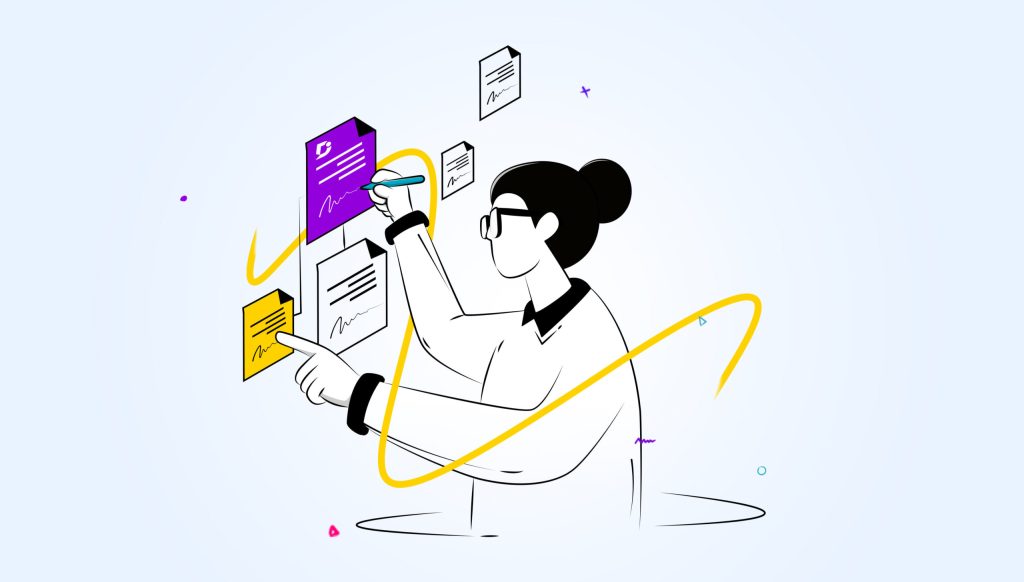What You Gain From Not Documenting Everything
Aiden Foster July 23, 2025
In today’s digital age, documenting every moment of our lives—whether through social media posts, photos, or journaling—has become the norm. From sharing our meals on Instagram to live-tweeting every event, it seems like we’re constantly trying to capture life’s moments. However, more and more people are beginning to challenge the idea that everything must be documented. In fact, there’s a growing trend of people choosing to live more in the moment, letting go of the pressure to document every detail. But what are the benefits of this approach?

1. Increased Mental Clarity and Reduced Stress
One of the main reasons people are moving away from constant documentation is the mental clutter it creates. Constantly trying to capture every moment can lead to an overwhelming feeling of needing to curate and share every experience. This can inadvertently add stress to what should be a simple, relaxing activity. For example, imagine you’re at a beautiful event, but instead of fully experiencing it, you’re focused on taking photos, checking how many people liked your latest post, or trying to capture the perfect angle. This distraction prevents you from being fully present.
Studies have shown that the pressure to constantly document can lead to increased stress, anxiety, and feelings of inadequacy. People may even start comparing their lives to the idealized versions of others on social media, leading to “social comparison” anxiety (Fardouly et al., 2015).
By choosing not to document everything, you allow yourself the freedom to simply experience life. This shift can lead to greater mental clarity, less stress, and a better sense of well-being. Without the need to constantly look for the “perfect shot,” you can focus on the experience itself, which can contribute to greater satisfaction and happiness in the long run.
2. More Meaningful Connections with Others
Another compelling reason to stop documenting every moment is the potential to deepen your connections with the people around you. When we are too focused on capturing an experience for later consumption, we often forget to engage fully with the people present. Consider this: how many times have you found yourself at a social gathering, scrolling through your phone or taking pictures instead of conversing with the people right in front of you? It’s an all-too-common scenario, yet one that diminishes the quality of our relationships.
Research suggests that putting down our phones and being fully present can strengthen relationships. When we are not distracted by the constant need to capture every moment, we become better listeners and more engaged in our conversations. This improves the overall quality of our interactions, allowing us to build stronger, more genuine connections (Przybylski & Weinstein, 2013).
Additionally, when we don’t feel the need to capture every moment, it removes the pressure to perform for an audience. Relationships thrive when there’s authenticity, and constantly documenting life can sometimes result in interactions that feel less genuine. Choosing to disconnect from your phone and enjoy the present with those around you is a simple yet effective way to nurture your personal connections.
3. Boosted Productivity and Creativity
Another surprising benefit of not documenting everything is the potential for increased productivity and creativity. Constantly checking social media and documenting life for an audience can be time-consuming and mentally exhausting. Every time we take a photo, we are temporarily pulling ourselves out of the present moment and redirecting our attention to our devices. While this might seem like a small interruption, it adds up over time, resulting in a loss of focus and productivity.
In fact, research has shown that multitasking, like switching between social media apps and work-related tasks, can reduce overall efficiency and hinder creative thinking (Meyer et al., 2001). When we choose not to document everything, we allow ourselves the mental space to focus on tasks at hand, whether it’s work, hobbies, or personal projects.
Additionally, freeing up mental space from the constant pressure of documenting our lives opens up room for creativity to flourish. Without the distraction of worrying about how an activity might look on social media, we can fully immerse ourselves in creative processes, which leads to more authentic and innovative ideas.
4. Improved Mindfulness and Presence
Mindfulness—the practice of being present and fully engaged in the current moment—has gained popularity in recent years due to its mental and physical health benefits. Studies have shown that practicing mindfulness can reduce stress, anxiety, and depression, while also improving cognitive function and emotional well-being (Zeidan et al., 2010).
When we are always documenting, we’re often anticipating the next photo, the next post, or the next status update. This future-oriented mindset prevents us from living fully in the present moment. Choosing not to document everything can help us embrace mindfulness by removing the pressure to record our experiences and simply enjoying them as they unfold. Whether it’s a family gathering, a quiet walk in nature, or a solo trip to a museum, being present without the distraction of a camera allows us to feel more grounded, peaceful, and aware of our surroundings.
5. Embracing a Simpler, More Sustainable Lifestyle
In addition to the personal mental health benefits, not documenting everything can also lead to a simpler, more sustainable lifestyle. The constant cycle of buying new gadgets to take better photos or editing apps to enhance images contributes to consumerism and environmental strain. By choosing to leave the camera at home or put the phone down, you’re making a conscious effort to reduce unnecessary consumption and focus on living more sustainably.
Moreover, without the need to document every moment for social media validation, people are increasingly shifting their values toward experiences rather than material goods. This focus on meaningful, real-life experiences—rather than capturing them for others to see—promotes a simpler, more intentional way of living.
Conclusion: A Freedom You Didn’t Know You Needed
In a world where documenting everything has become a cultural norm, it might seem counterintuitive to stop. However, there are numerous benefits to embracing a life less documented. From reduced stress and stronger relationships to enhanced productivity and mindfulness, living in the moment can improve your mental well-being and enrich your life. So, the next time you’re at a beautiful sunset, a fun family gathering, or a creative brainstorming session, consider putting your phone away and simply experiencing it without the need to document. You might be surprised by how much richer and more fulfilling life can be when you just let go.
References:
- Fardouly, J., Diedrichs, P. C., Vartanian, L. R., & Halliwell, E. (2015). Social comparisons on social media: The impact of Facebook on young women’s body image concerns and mood. Body Image, 13, 38-45. Available at: https://www.sciencedirect.com (Accessed: 23 July 2025).
- Meyer, D. E., Evans, J. E., & Rubinstein, J. S. (2001). Time sharing in dual-task performance: Implications for human-computer interaction. Journal of Experimental Psychology: Human Perception and Performance, 27(1), 183–203. Available at: https://pubmed.ncbi.nlm.nih.gov (Accessed: 23 July 2025).
- Przybylski, A. K., & Weinstein, N. (2013). Can you connect with me now? How the presence of mobile communication technology influences face-to-face conversation quality. Journal of Social and Personal Relationships, 30(1), 3-19. Available at: https://journals.sagepub.com (Accessed: 23 July 2025).







